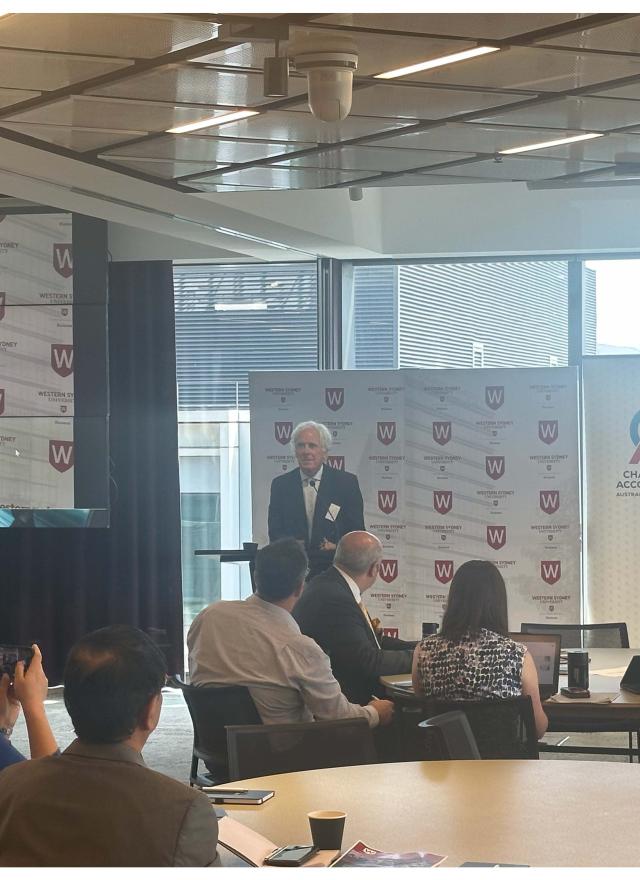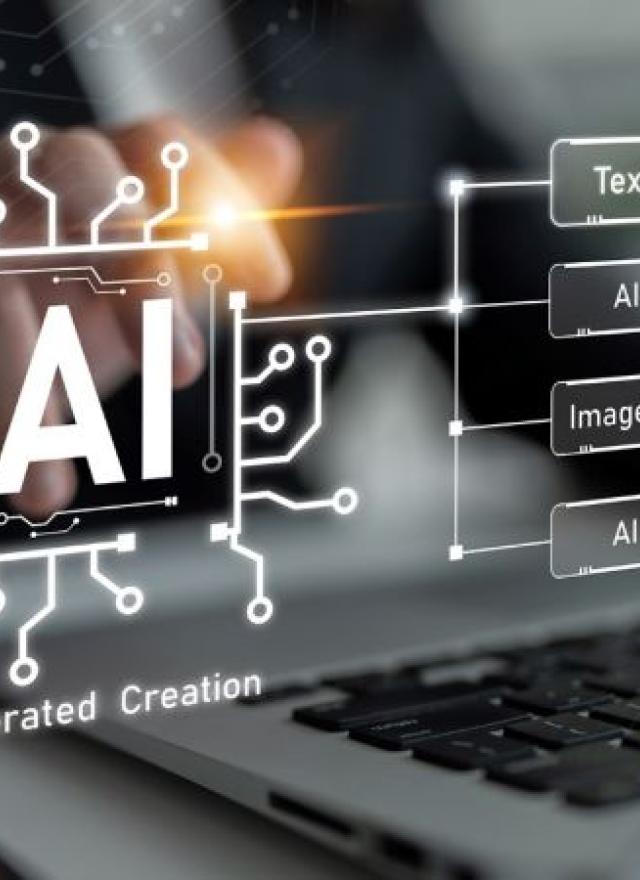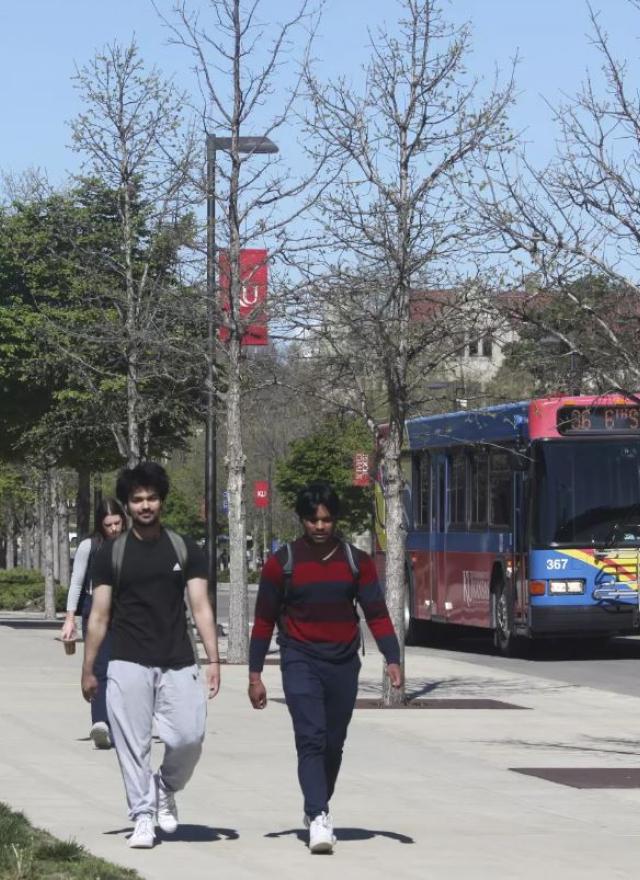The Latest

Insights into Incentive Architecture in Marketing
New UC Davis research shows technologies like AI are reshaping relationships
Marketing is ultimately about creating value, which requires managing relationships across customers, channel partners, agencies, and platforms. Yet behind every successful interorganizational relationship lies something less visible but far more powerful: incentives.

Trump's Proposed National AI Framework Faces Uphill Battle
UC Davis analysis uncovers how states are already shaping AI’s future
President Donald Trump’s proposed national AI framework aims to freeze state-level regulation, but new research by Professor Hemant Bhargava shows that effort is already too late.

Professor Paul Griffin Earns Best Paper Award for Relevance to Investors of Methane Gas Emissions
How equity markets penalize firms for high levels of methane vs. carbon dioxide
Distinguished Professor Emeritus Paul Griffin recently earned the Best Paper award at the International Symposium on Carbon Accounting, Reporting and Sustainability 2025 hosted by Western Sydney University Business School.

Making AI Work for You
State leaders deploy AI-powered tools with greater responsibility and equity.
CDT’s AI Community hosted Distinguished Professor Hemant Bhargava, who told state workers that despite AI's power, it still makes mistakes. “Using AI well requires oversight and, because oversight is expensive, we have to apply it strategically."

Meet the Professors Who Will Inspire Your Business School Journey
Watch the "We Are GSM" video series
Meet the UC Davis Graduate School of Management faculty who are redefining how we understand work, decision-making and organizational behavior—and discover how their research shapes real-world impact. Watch "We Are GSM"

Turning Data into Decisions that Protect Minds and Lives
Bridging machine learning and management science to improve health care outcomes
From Labs to Lives: Assistant Professor Sebastian Calonico's federal funded research focuses on dementia prevention, using large-scale patient dataset to reveal how treatments such as statins and blood pressure control can improve public health and policy decisions.

CA Drivers Rushed to Buy EVs Before Feds’ Tax Rebate Ended, Setting Sales Record
Professor David Bunch noted that EV sales had stayed around 25% of new cars in 2023-2024, then hit a record 29% in the third quarter this year. Without the rebate deadline, he said, EV sales likely would have declined slightly for the first time.

Charging $100,000 for H-1B Visas Will Cost the U.S. Uncountable Wealth
Distinguished Professor Hemant Bhargava and USC Professor D. Daniel Sokol argue that the policy "will hurt U.S. growth and innovation, at a time when the global arms race for AI creates a vital need for the sharpest human talent and innovators."

Universities That Eliminated Admission Test Requirements Saw Gains in Student Body Diversity
Professor Greta Hsu: "Effectiveness of test-optional policies depends on university priorities."
Greta Hsu, professor and associate dean of undergraduate programs, co-led research showing test-optional admissions can boost diversity, but gains fade when universities face enrollment or financial pressures and prioritize test scores.

Rules for Calculating Climate Risk in Financial Reporting by NZ Businesses Need Revisiting
Distinguished Emeritus Professor Paul Griffin writes that the case for mandatory disclosure of extreme weather events in New Zealand may not be strong if markets already price in such risks, and a voluntary framework might suffice for many firms.

School Shootings Leave Lasting Scars on Local Economies, Study Shows
Assistant Professor Mike Palazzolo and co-authors find household spending drops
Fatal school shootings don’t just devastate communities emotionally—they also harm their economies. People eat out less, avoid public spaces and generally spend less money after a tragedy strikes a local school.

How Do Digital Platforms Shape How Vendors Compete?
Professor Rachel Chen: "Platforms turn productivity shifts into economic opportunity."
Digital platforms do more than host content—they shape competition. A new study in Marketing Science, co-authored by Professor Rachel Chen, shows how platform strategy drives innovation and value.
